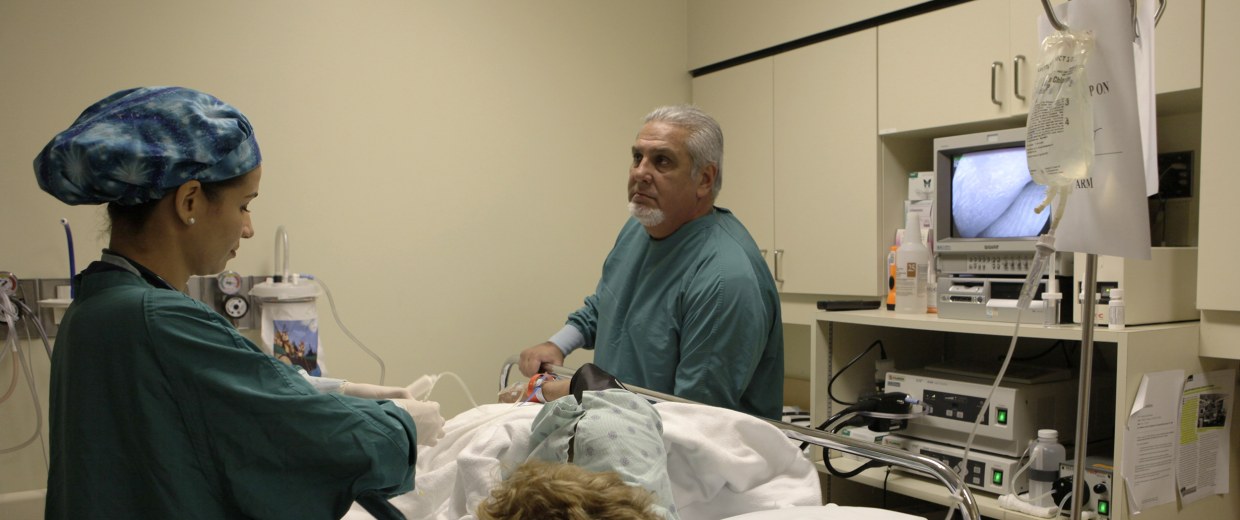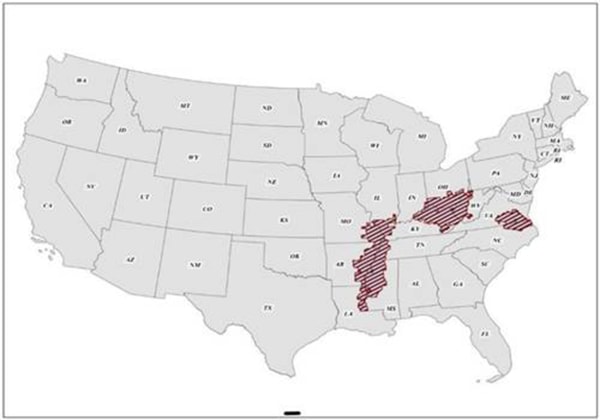Long waiting lists for drug treatment add to addicts’ desperation

Shawn Cross, at his home in Lisbon, Maine, is a recovering drug addict who began using heroin after switching from opiate painkillers. He now works at Catholic Charities and helps other recovering addicts. (Nikki Kahn/The Washington Post)
PORTLAND, Maine —
Shawn Cross thought heroin was making him an excellent manager at the
auto parts store where he had gone from delivery guy to manager in five
years. On the job, every day, every four hours, he snorted opiate pills
or heroin.
He hired addicts because they might help him score
drugs. Sometimes he missed work to drive his supplier two hours south on
Interstate 95 to Haverhill, Mass., where the dealer would call
Dominican gang members, who would arrange a meeting along a country
road, a quick hand-off car to car.
Cross had held it together
while he was snorting Oxycontin, the prescription painkiller. But when
the supply of illegal pills started to dry up five years ago, Cross did
what he had promised himself he would never do: He made the switch to
heroin.
“The withdrawals just trump everything,” he said, “and that’s what was available.”
Heroin
delivered the most alluring highs he had ever experienced and drove him
to a desperation he had never imagined. After a three-year descent into
destitution, Cross would begin another quest, one that bedevils
millions of addicts nationwide: a frantic, frustrating search for
treatment.
From
the moment he started using heroin, Cross thought of himself as a lost
cause. “If you’re doing just pills, you can tell yourself, well, doctors
prescribe them. You can tell people you’re doing pills,” he said. “You
don’t get together with your friends and say, ‘Let’s do some heroin.’ ”
He
spent all his income, and more, on drugs — easily $1,000 a week. He
stopped paying for heating oil. He stopped paying rent. He persuaded his
reluctant mother to take in his girlfriend and dog; his mother made him
sleep in his car.
After a time, there was no pleasure in it.
Cross did drugs to avoid feeling sick. Desperate for treatment, he went
to the only rehab center in the area that accepted men as patients,
Mercy Recovery Center. It was full. With limited state funding and low
reimbursement rates from Medicaid, there was little incentive for
medical facilities to add long-term rehab beds.
Last month, Mercy, Maine’s largest treatment center,
closed its doors and eliminated 250 beds because of declining insurance
reimbursement rates. For addicts such as Cross, that leaves only the
state-funded rehab program; the wait is 18 months.
And
a political battle over treatment funding threatens to add to addicts’
desperation in Maine: Last year, about 40 percent of heroin addicts who
got treatment were put on methadone therapy. But Gov. Paul LePage (R)
has proposed ending state funding for methadone treatment, saving about
$1.6 million over two years.
LePage wants addicts to
be treated with suboxone, another replacement opiate that satisfies
cravings but doesn’t make the user nearly as high. But suboxone can be
prescribed only by doctors who have undergone special training, and
federal rules allow each physician to treat only 30 patients at a time —
or up to 100 with approval from drug enforcement officials. The strict
controls shut out many addicts, leaving them to self-medicate by buying
suboxone on the street, according to physicians, drug counselors and
addicts.
“We have nowhere to put people who don’t have a wealthy
mother in the suburbs,” said Caroline Teschke, who runs Portland’s
public health clinic. “Every day, we have people begging for help. The
only sure way to get help is to be a young pregnant female.”
“There’s
no treatment,” added Maine Attorney General Janet T. Mills (D). “We had
overdose deaths in every county in the state last year, but we have
fewer treatment facilities and we’ve removed thousands of people from
the Medicaid rolls. We don’t know how to deal with it. These are people
who want treatment, and we have nothing for them.”
The damage
mounts with each passing month: Over the past three years, child abuse
and neglect cases have shot up by 58 percent. Over the past decade, the
number of drug-affected newborns has spiked by 600 percent.
As
wait lists for rehab grow longer, property crime has crept up, and more
people have showed up at the homeless shelter in downtown Portland.
Every day this April, someone in Maine died of a drug overdose, Mills
said.
“Everyone
knows some family affected by heroin by now,” Mills said. “Families are
starting to speak out; they’re saying ‘heroin’ in the obituaries. But
there’s still a level of embarrassment about it: ‘Heroin, that doesn’t
happen here.’ ”
In interviews, addicts at a court-ordered
counseling session in Portland said users are resorting to desperate
measures to get help.
“Go to jail,” said a man in his 30s. “Have a kid so you can get insurance.”
“Work the system — play the suicide card,” said a man in his 50s.
Cross’s mother found a doctor who put him on suboxone. But Cross sold the pills to buy more heroin.
Finally,
Cross was arrested and charged with felony drug trafficking: He drove
his dealer to an apartment where she sold to an undercover agent. After
his first stint in jail, he snorted Oxycontin in the parking lot as he
left the facility. His dealer picked him up.
But after another
arrest, in 2013, this time for violating probation, Cross went to drug
court and spent four months in jail — long enough to go through
withdrawal. “The jails around here are basically detox facilities,” he
said.
He went on suboxone again but lost his insurance eight
months later, after state officials refused to accept federal money to
expand Medicaid. More than 25,000 people were forced off the public
health-care rolls.
With no subsidy, Cross’s out-of-pocket cost
for suboxone would jump from a $3 co-pay to $700 a month. His doctor
told him it was time to taper off the drug, quickly. He went through
violent withdrawal pangs for a month. Then he started working again, for
the first time in five years, building houses, roofing.
He and his girlfriend now have a 10-month-old, a daughter who has “never known me as an active addict.”
“And she never will,” Cross said. “I owe her that.”
BLOGGER'S NOTE: We were the, proverbial canary in coal mine on the issue of drug abuse. Drugs ravaged our communities and America's response was jail - jail for the users and jail for the low level dealers; mandatory jail sentences, with no treatment options were the standard practice. And property was confiscated, not just from users or sellers, but often from those unknowingly involved - cars and homes taken, and businesses shuttered. Let's see what happens now that it's white communities being ravaged.









